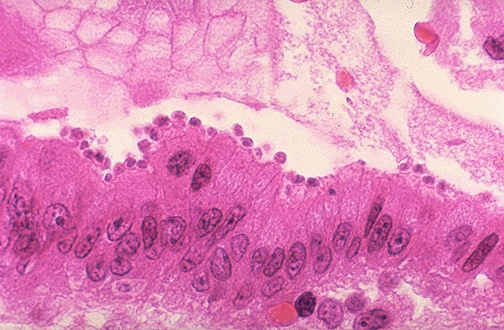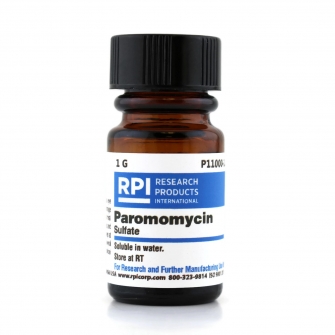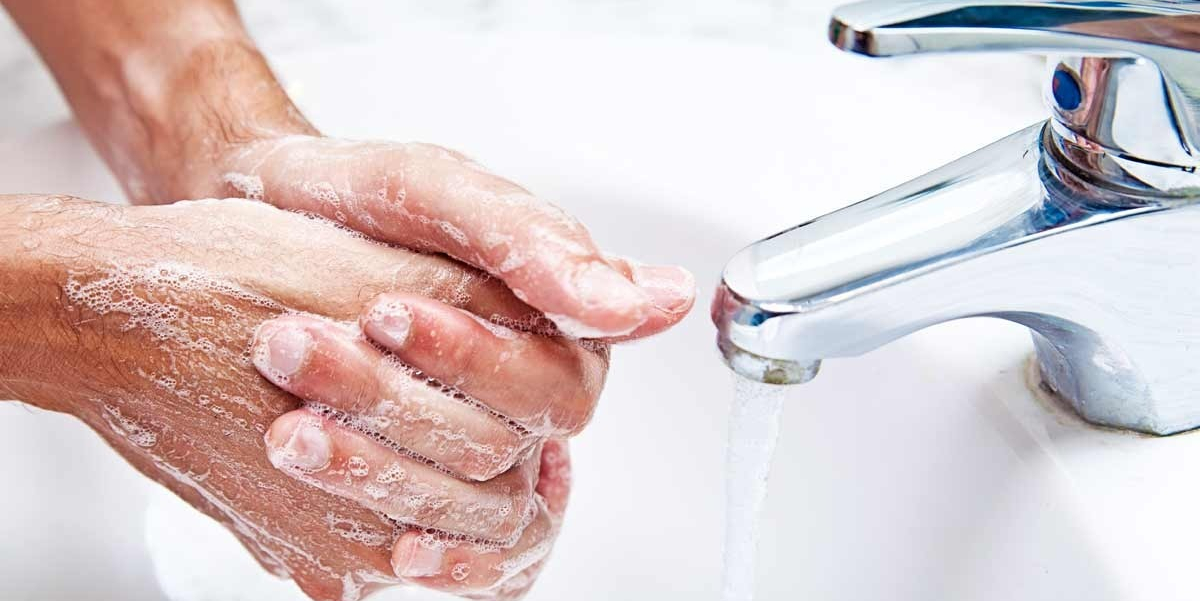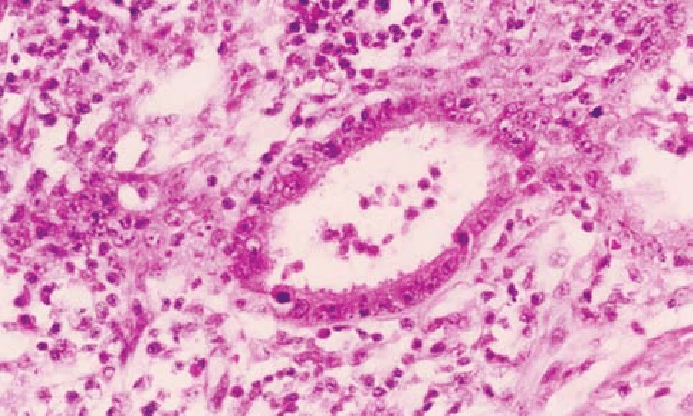Also known as “crypto”, cryptosporidiosis is a waterborne disease and a highly infectious intestinal disorder that is caused by exposure to Cryptosporidium parvum (crypto) parasites. According to the Centers for Disease Control and Prevention (CDC), it occurs in immunocompromised as well as immunocompetent people in all parts of the world.
The disease is especially dangerous for young children or people who have a weakened immune system. The crypto parasites live in the intestines of humans and other animals and are shed through the stool. In most cases, the affected people recover within a few weeks without any problems. However, watery diarrhea, nausea and abdominal cramps that happen as a result of the infection may persist.
Here’s a look at the causes, risk factors, signs & symptoms, diagnosis, treatment and preventions of cryptosporidiosis.
Causes & Risk Factors

An individual can become infected by the disease after exposure to contaminated feces and polluted water sources containing Cryptosporidium (hot tubs, lakes, water parks, swimming pools, seas). According to the National Foundation for Infectious Diseases, the disease-causing parasitic protozoans Cryptosporidium are a leading cause of waterborne disease in this country.
And as per CDC reports, millions of Cryptosporidium parasites can be shed in the bowel movement of just one infected person. And as the parasite is surrounded by an outer shell, it shows resistance toward chlorine and other disinfectants. It can live for days, even in pools that are properly treated with the chemicals.
These germs can also be transmitted through hand-to-mouth contact. They are also found on surface contaminated with infected feces. Apart from this, the infection can also spread by drinking untreated water, handling animals, touching dirty diapers, handling unwashed produce grown in contaminated soil, and playing with contaminated toys.
The children who are under 10 years of age become sick with infection as they swallow swimming water. The other people at high risk of having the disease include:
- Animal handlers
- Parents of infected children
- Childcare workers
- People especially campers, hikers, travelers to underdeveloped countries who’re exposed to untreated drinking water such as water streams
Signs & Symptoms

The signs and symptoms of cryptosporidiosis are:
- Frequent and watery diarrhea
- Nausea
- Vomiting
- Upset stomach
- Stomach cramps
- Fever
These signs usually start to appear within a week’s exposure and can last for 2 weeks. And in some people, the symptoms may even persist for 2-3 years. The people with long-term symptoms can be at a risk of dehydration, weight loss and malnutrition. This can especially be life-threatening in young babies and people who have a weakened immune system (HIV or people undergoing chemotherapy). Several other illnesses also have similar symptoms.
Diagnosis
For the diagnosis, a stool sample may be asked by the doctor and it will be sent to the laboratory for testing. Various samples need to be looked at as the Cryptosporidium organisms are very small and hard to see under a microscope. This can make the diagnosis of the infection hard. In rare cases, your doctor may require a sample tissue from your intestines.
Treatment

An individual having the illness will need to increase the fluid intake so as to fight the dehydrating effects of severe diarrhea. If the dehydration persists or exacerbates, hospitalization may be required and intravenous fluids might be given. Oral rehydration powders and sports-ade drinks can also help in preventing dehydration.
No specific drug has been discovered yet to cure this parasitic illness. Certain drugs like paromomycin may help in reducing the symptoms and new drugs are currently being tested.
The antidiarrheal drug nitazoxanide may be prescribed by the doctor but it is effective only in people having healthy immune systems. The people who have weaker immune systems may be asked to take drugs which boost the immune system so as to combat the infection.
Preventive Measures

The best way of avoiding the spreading Cryptosporidiosis infection is practising good hygiene. The CDC recommends that you rub and wash your hands using soap and water for at least 20 seconds in these cases:
- Taking care of someone with diarrhea
- After gardening despite using gloves
- After handling an animal
- Before eating or cooking
- After using washroom, changing a diaper or helping others while using the bathroom
The CDC also recommends some other tips to prevent Cryptosporidiosis infection that include:
- Do NOT swallow pool water.
- Do change the diapers of children often.
- Do wash all the food and produce before eating.
- Do NOT drink untreated/unfiltered water.
- Do take children, while at pool, to the washroom on a frequent basis. Peel the fruits and vegetables to minimize the risk.
- Do take a shower before using a recreational swimming facility so as to get rid of any potential Cryptosporidium germs on your body.
- Do keep at home in active case of diarrhea.
- Stay away from potentially contaminated water if you or your children have diarrhea. Keep away for at least 2 weeks after the diarrhea eases.
Image Source:
1. utah
2. nethealthbook
3. rpicorp
4. canavanbyrnechildcare

